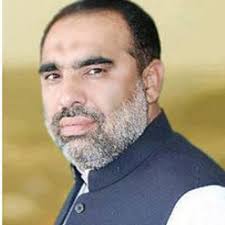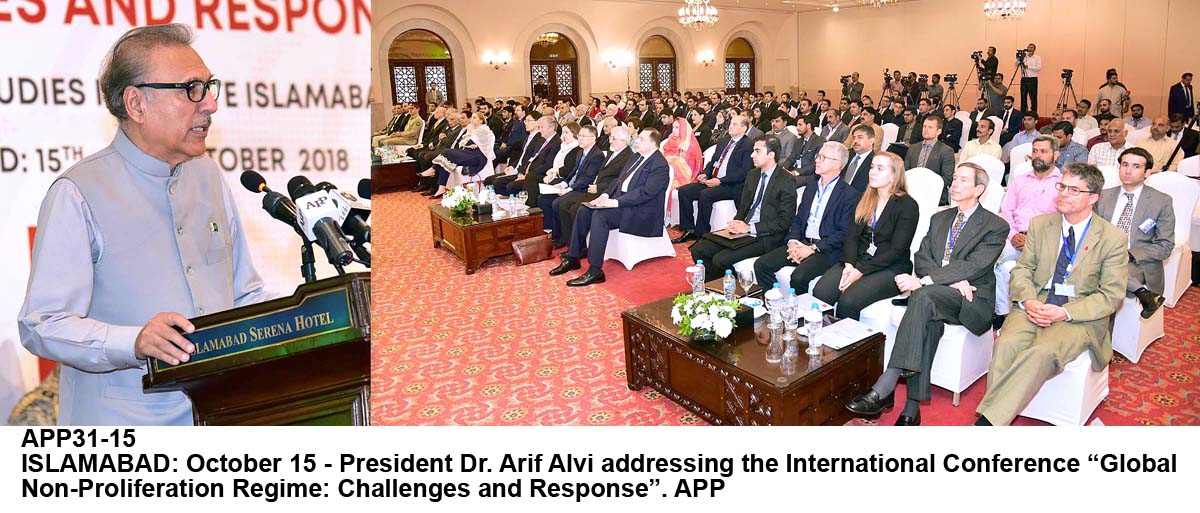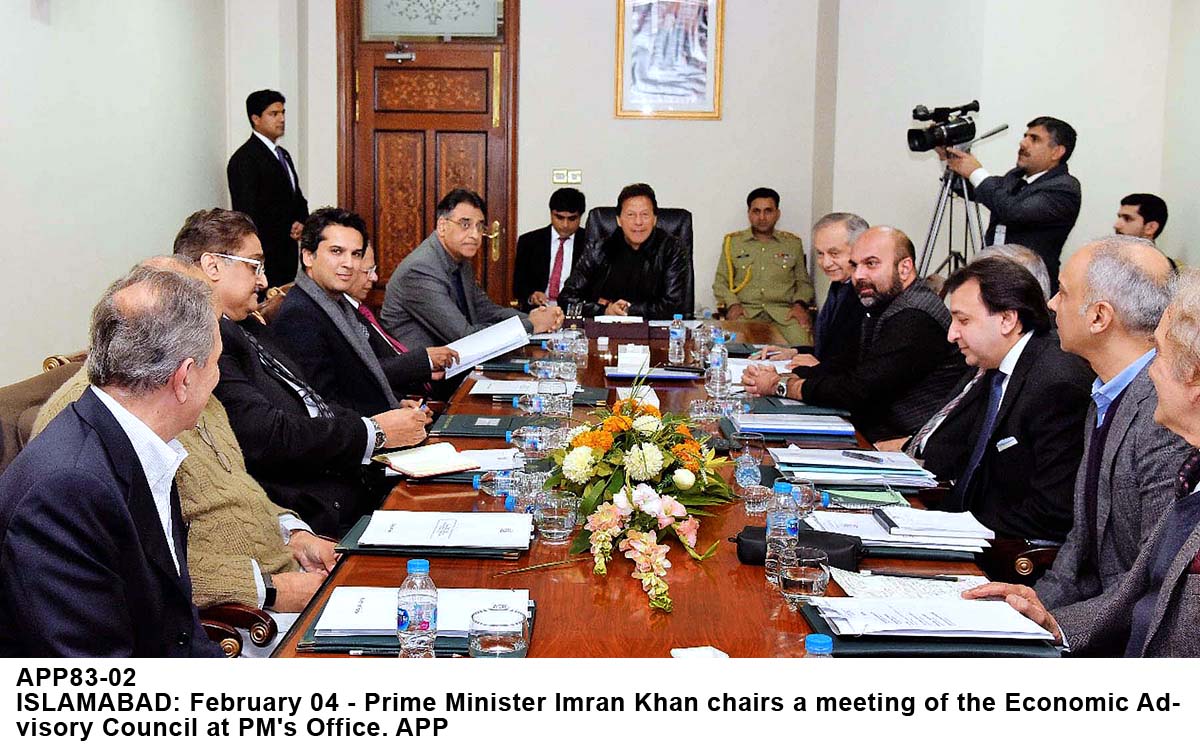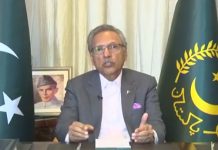ISLAMABAD, Jun 8 (APP): The efforts made by the incumbent government helped in containing the fiscal deficit to 3.6 percent of Gross Domestic Product (GDP) during the first three quarters of Fiscal Year 2022-23 against 3.9 percent of GDP recorded in the same period of last year.
According to Pakistan Economic Survey 2022-23, launched here by Federal Minister for Finance and Revenue, Mohammad Ishaq Dar, the government was committed to reducing the fiscal deficit to ensure fiscal sustainability and macroeconomic stability.
It says there were two major challenges including to support vulnerable segments of society; and the difficult task of meeting expenditures on rising interest payments.
For this purpose, the budget of the outgoing fiscal year outlined a strategy for fiscal consolidation, it says adding it entailed reducing unnecessary spending and improving tax revenues.
According to the survey, the primary balance posted a surplus of Rs 503.8 billion (0.6 percent of GDP) during July-March FY2023 against a deficit of Rs 447.2 billion (- 0.7 percent of GDP) last year owing to a slowdown in the growth of non-markup expenditures.
Total revenues increased by 18.1 percent in July-March FY2023 against the growth of 17.7 percent in the same period last year. Both tax and non-tax collection contributed to an increase in overall revenues.
Tax revenues (federal and provincial) witnessed a growth of 16.5 percent on the back of a significant rise in FBR tax collection despite various economic challenges at the domestic and global levels.
Non-tax revenues grew by 25.5 percent in July-March FY2023 on the back of higher receipts from petroleum levy, markup (PSEs and others), royalties on oil/gas, and passport fee.
The growth in total expenditures reduced to 18.7 percent in July-March FY2023 from a 27.0 percent increase observed in the same period of last year.
Within total expenditures, current expenditures grew by 25.3 percent primarily driven by a 69.1 percent growth in markup payments as compared to a 0.7 percent increase in the same period of FY2022. In contrast, non-markup current expenditures grew by 7.7 percent during July-March FY2023 against the substantial increase of 32.1 percent in the comparable period last year.
The restricted growth during July-March FY2023 has been observed mainly due to the decline in expenditures on subsidies and grants and is consistent with the government’s efforts to ensure fiscal consolidation.
The fiscal consolidation efforts are on track and reaping the benefits in terms of better fiscal accounts during the first nine months of the current fiscal year.
It is therefore expected that FY2023 would observe a considerable decline in fiscal deficit as compared to last year.
In addition, the efforts to improve financial planning through PFM reforms will provide additional impetus to the government’s efforts to further reduce the fiscal deficit over the medium term, the report adds.














